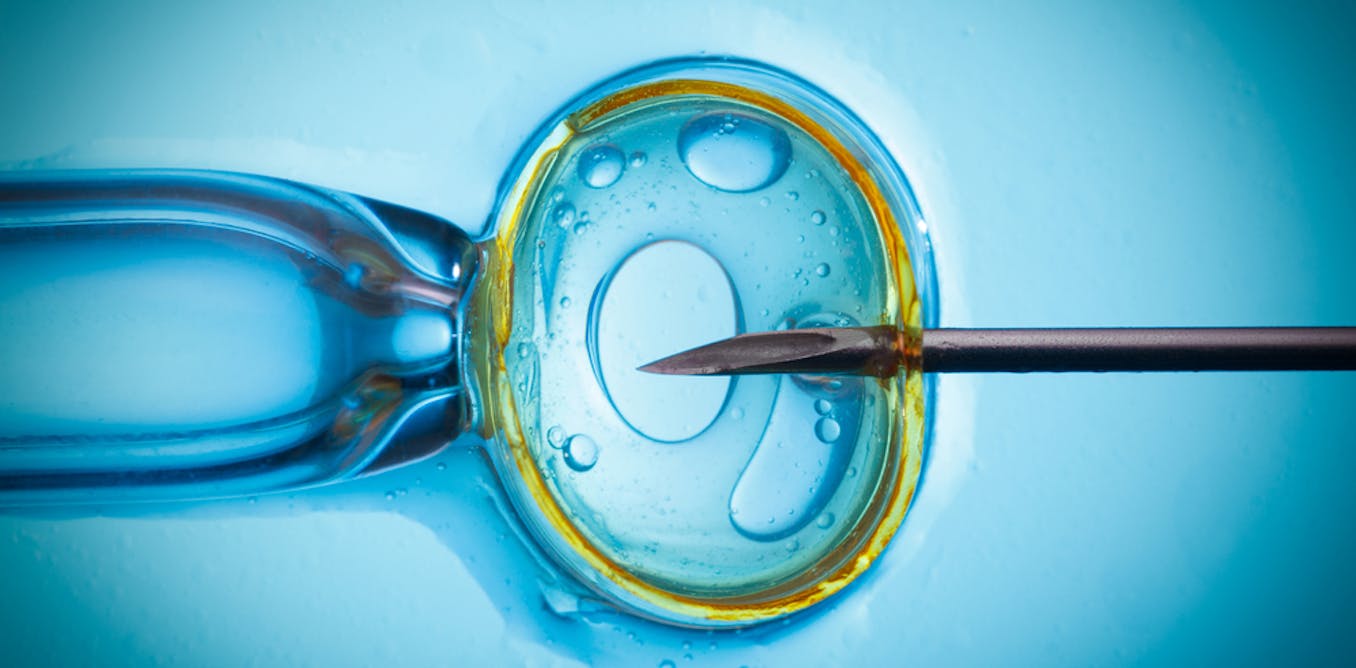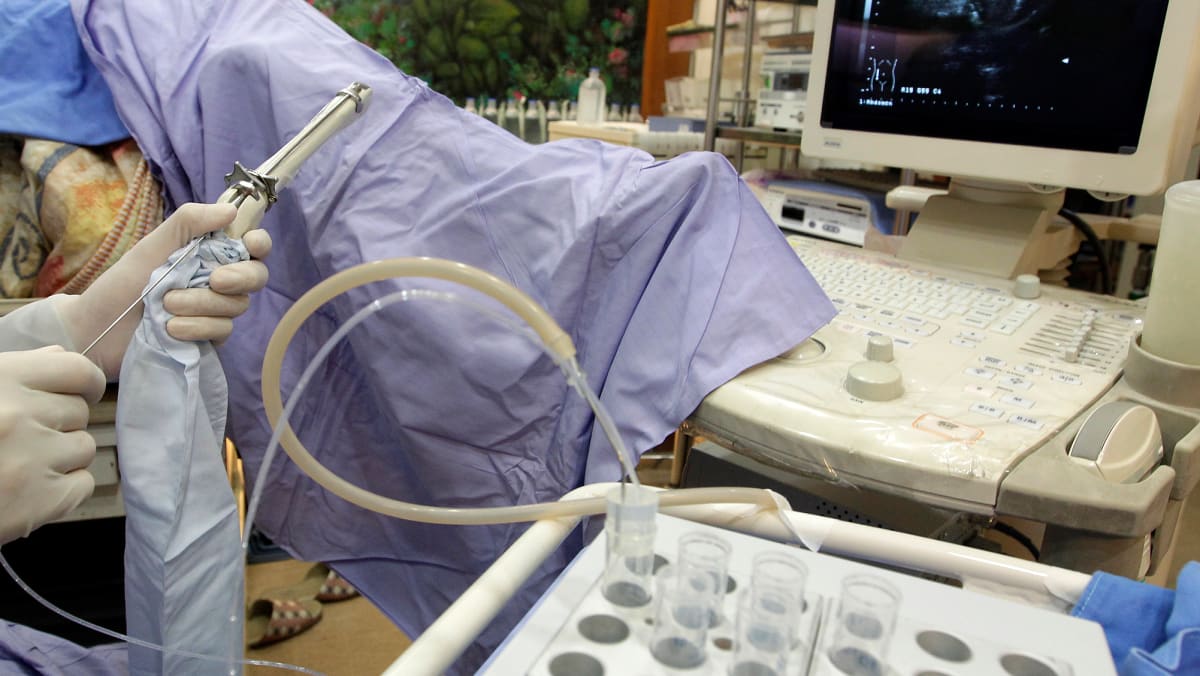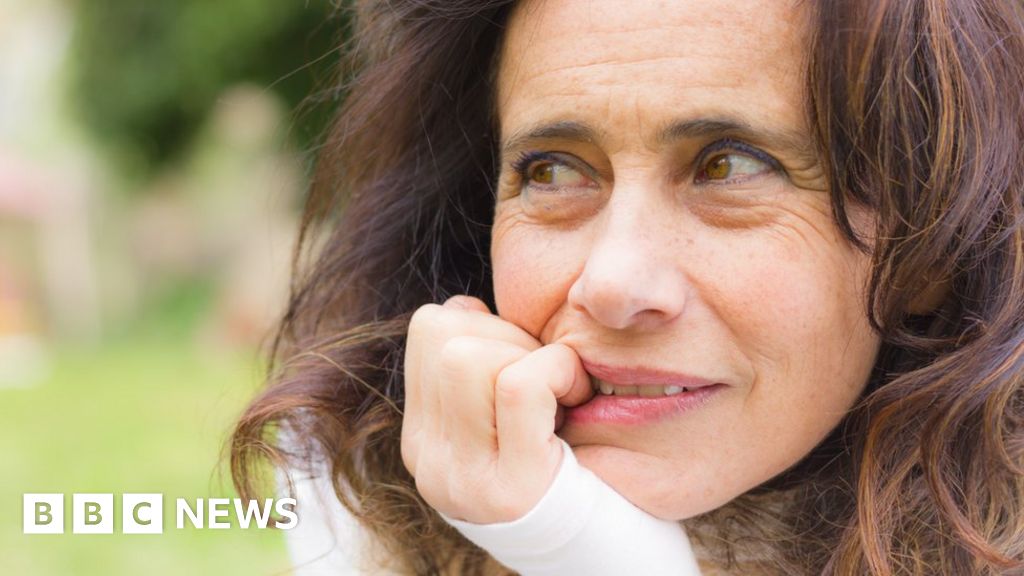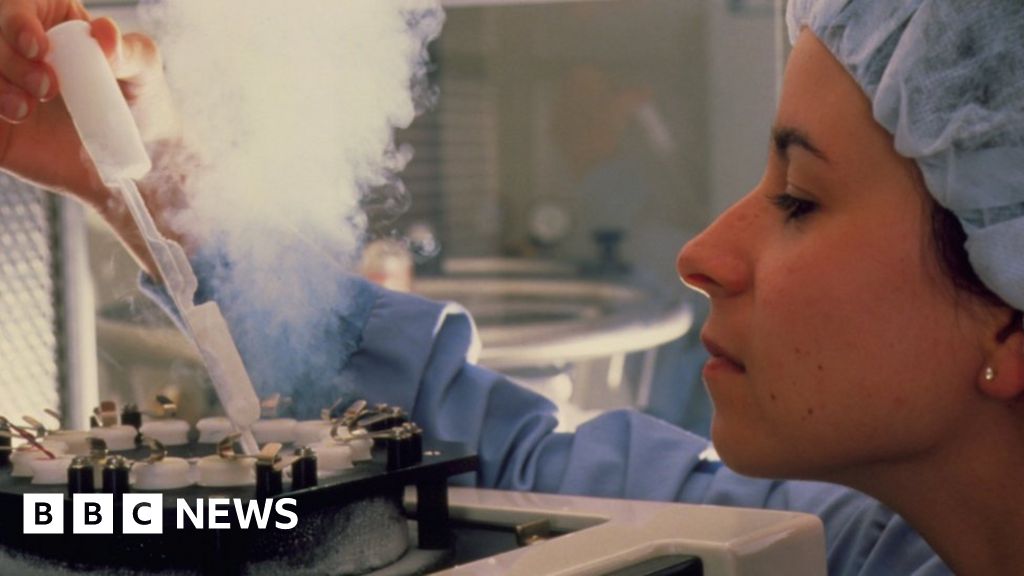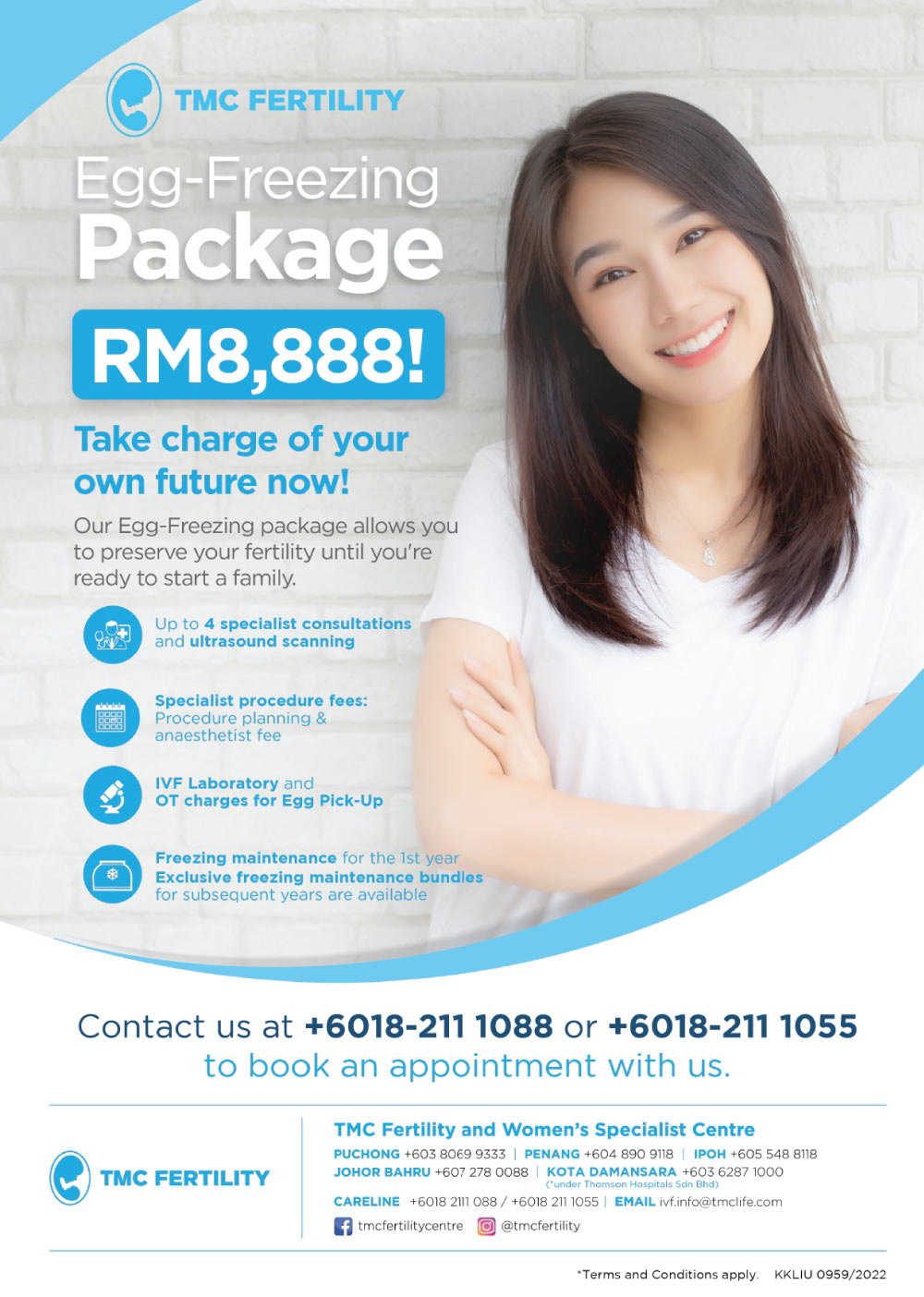Angelica Cheng
Active Member
Social egg freezing is currently banned in Singapore. Hence, many single women who wish to preserve their fertility travel overseas to freeze their eggs in foreign fertility clinics. Because the procedure is so expensive, it would be wise to take some precautions before deciding on egg freezing overseas. Here are some advice and tips for single Singaporean ladies considering egg freezing overseas:
(1) Don’t believe claims of high IVF success rates of 40% to 50% with frozen (vitrified) eggs.
Many foreign fertility clinics will tell you that such high success rates are published in reputable medical journals, and are achieved using the latest vitrification technology that avoids ice crystallization damage. What they don’t tell you is that such high IVF success rates are in fact based on frozen donor eggs from young healthy women (20 to 25 years of age, with low BMI and high ovarian reserves i.e. AMH levels and antral follicle counts). Egg donors are carefully selected to be the most fertile women in their age group cohorts. For example in the USA, only 5% of applicants are accepted to be egg donors. This is not reflective of older career woman freezing their eggs, who are typically aged between their mid-30’s to early-40’s, with variable BMI and much lower ovarian reserves. Hence, good results on egg freezing published in reputable medical journals are highly-skewed, because most of these studies compared fresh versus frozen (vitrified) eggs from carefully-selected, young, healthy and highly-fertile egg donors.

Beware that the IVF success rates with frozen eggs drop exponentially with increasing age, due to rising incidence of chromosomal abnormalities in the frozen eggs. As such, the IVF success rates with frozen eggs from older women are very much lower than that advertised by foreign fertility clinics, as reported by the news media:
Woman who froze 11 eggs found that none of these could produce a baby:
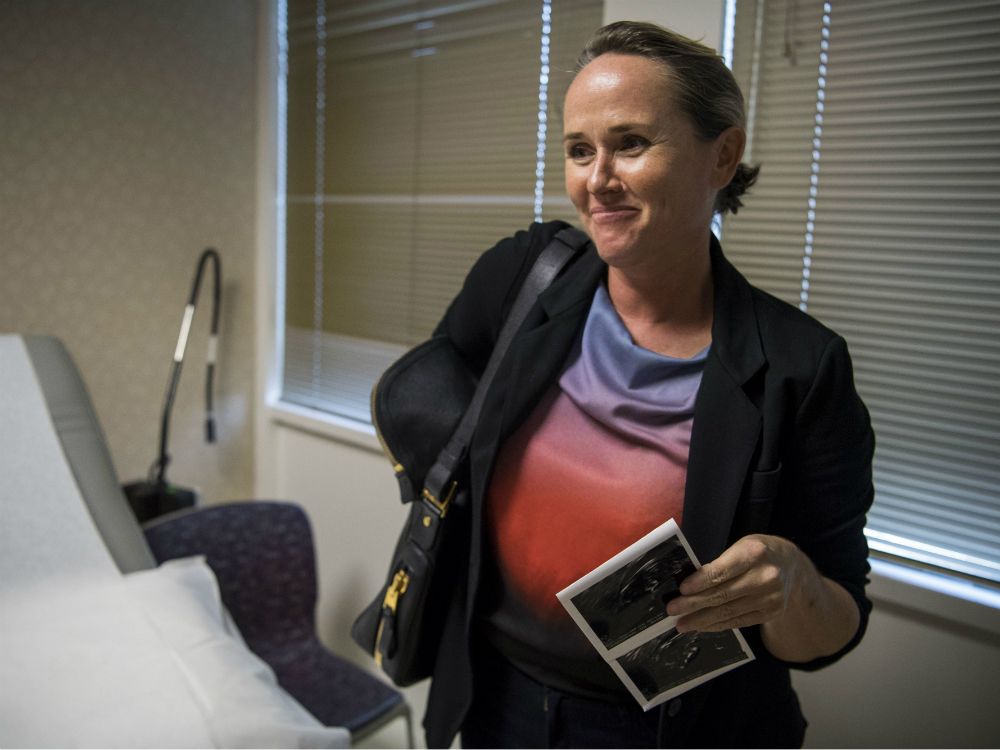
 nationalpost.com
nationalpost.com

 www.insider.com
www.insider.com
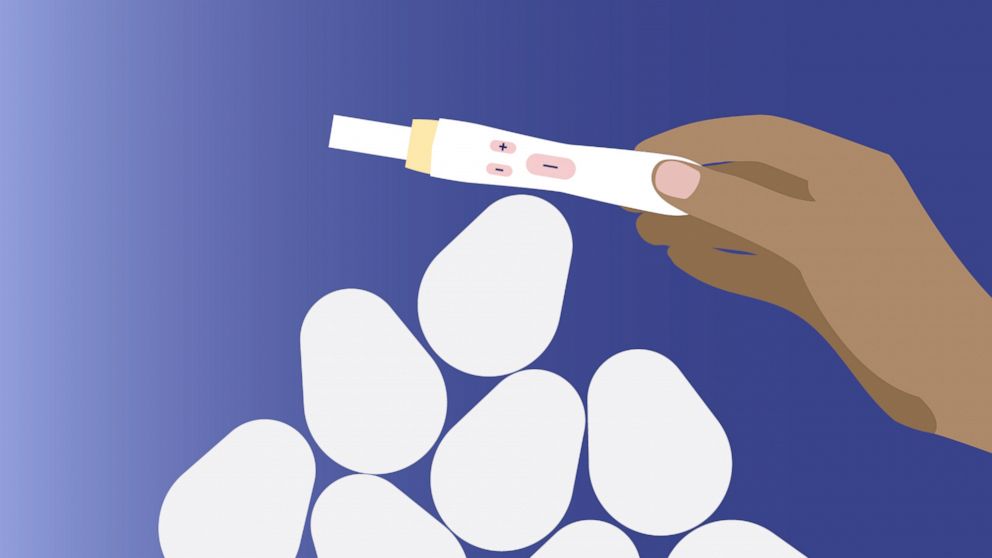
 www.goodmorningamerica.com
www.goodmorningamerica.com
Woman who froze 21 eggs found that only 1 could produce a baby:

 www.technologyreview.com
www.technologyreview.com
(2) Be prepared to undergo multiple egg freezing cycles to obtain sufficient number of frozen eggs to have a reasonable chance of future pregnancy, particularly if you are an older woman with low ovarian reserves. Even that is no guarantee of having a child in the future.
Table: Estimated number of eggs and retrieval cycles necessary for 1 child at different ages
(3) Choose to do egg freezing in a country where there are strict regulation and good quality-control of fertility clinics and IVF labs. It is not just about costs! This is crucial, given that there had been catastrophic failures in the low-temperature storage of frozen eggs.
It is often the case that developed countries have stricter regulation and better quality control of IVF clinics, as compared to developing countries. For example, compare Australia versus Malaysia or Thailand. In Australia, IVF labs are regularly inspected and audited by the Fertility Society of Australia (FSA) and the Reproductive Technology Accreditation Committee (RTAC) of Australia. Are IVF labs in Malaysia and Thailand subjected to similar mandatory inspections and audits?
The fact that you can read the news about frozen egg storage failures in the USA confirm that American fertility clinics and IVF labs are subject to strict regulatory oversight and good quality control. Hence, they quickly acknowledged their failures publicly, despite knowing that they will likely be sued for millions of dollars.
Can such transparency and honesty be expected of private fertility clinics and IVF labs in developing countries, where government regulation and oversight are less strict?
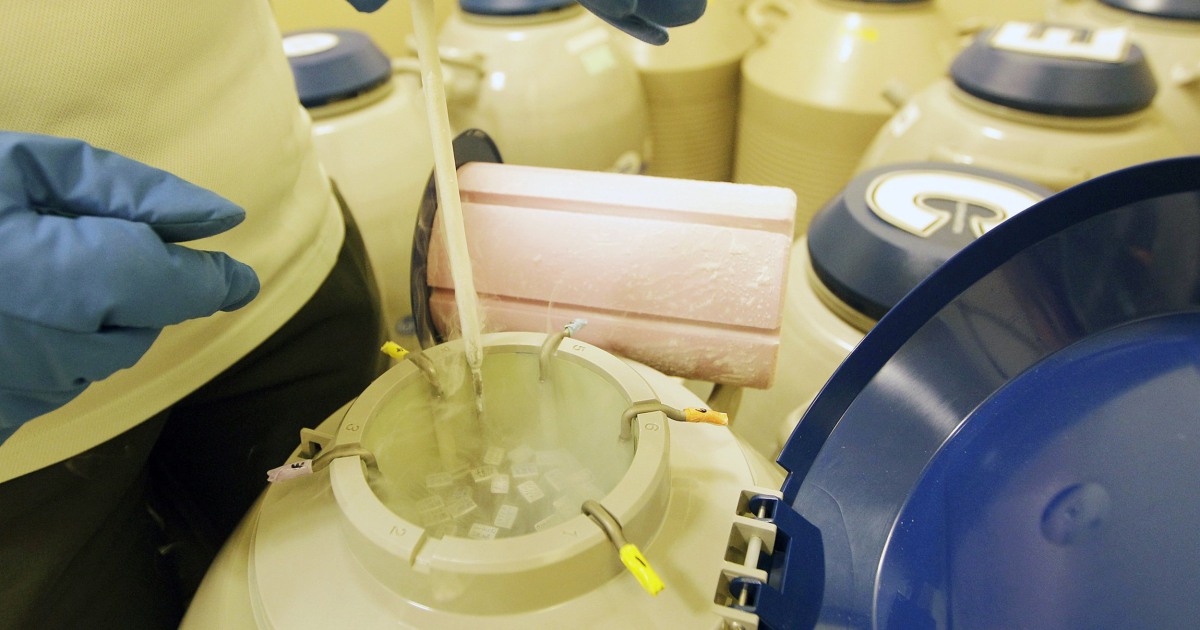
 www.nbcnews.com
www.nbcnews.com
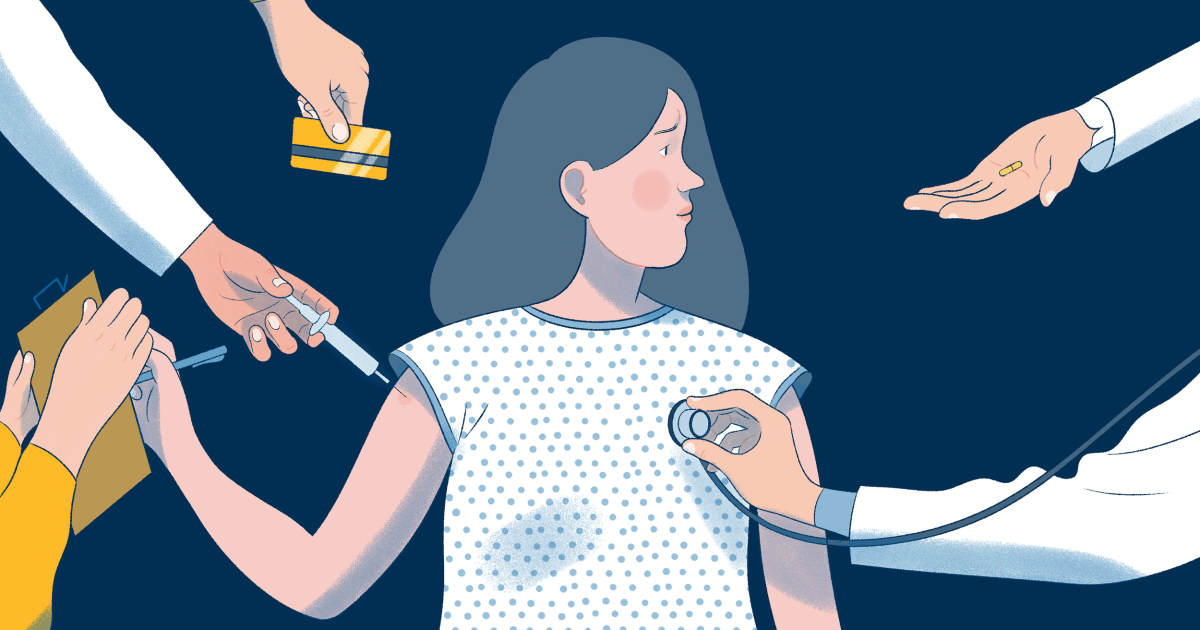
 www.nbcnews.com
www.nbcnews.com
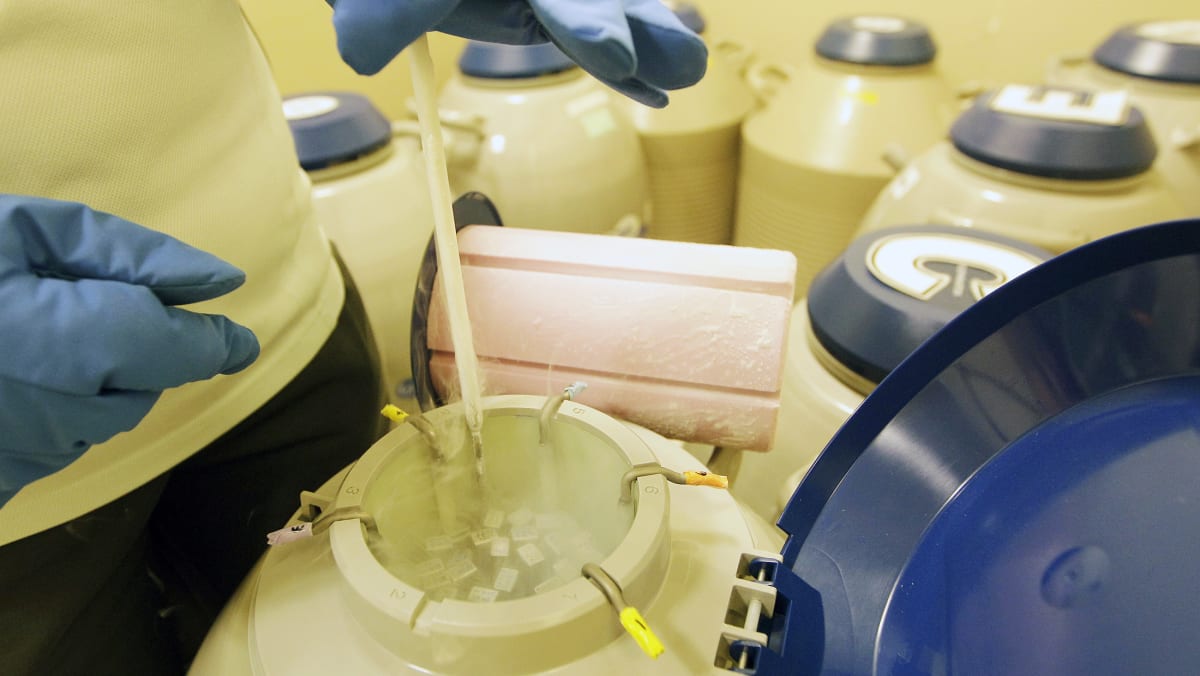
 www.todayonline.com
www.todayonline.com
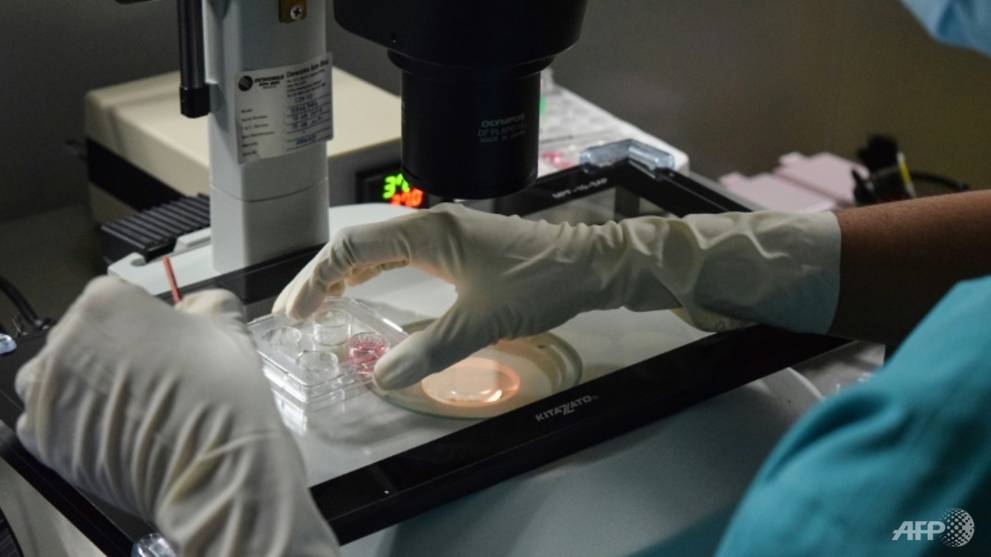
 www.channelnewsasia.com
www.channelnewsasia.com
(4) Check your ovarian reserves and health of your ovaries before doing egg freezing overseas.
Ovarian reserves are determined by measuring your blood serum levels of AMH (Anti-Mullerian Hormone) and FSH (Follicular Stimulating Hormone), as well as antral follicle count via ultrasound. If you are diagnosed with low ovarian reserves, you will likely require more egg freezing cycles to obtain an adequate number of frozen eggs for a reasonable chance of future pregnancy (See above table). This means spending more time and money.
Polycystic Ovary Syndrome (PCOS) occurs in about 10% of women of reproductive age, and is a major cause of infertility. Although a higher number of eggs are typically recovered from PCOS versus normal patients during IVF, the eggs are often less mature and poorer in quality, which may compromise the success of egg freezing. Moreover PCOS patients are more prone to ovarian hyperstimulation syndrome (OHSS), which increases the risk of cancellation of egg freezing cycles, leading to wastage of your hard-earned money.
(5) Check the health status of your womb (uterus) before doing egg freezing, particularly the presence of uterine fibroids, which most commonly develop in women between 30 and 40 years of age.
Uterine fibroids have been reported to lower the chances of pregnancy in older women doing IVF with their frozen eggs. Hence, it is not just the number and quality of your frozen eggs, nor is it just about your age at which you freeze your eggs. The health condition of your womb at the time that you are using your frozen eggs also matters a great deal. This is one point that has largely been overlooked in social egg freezing. Perhaps, it is best to ask your doctor to check your womb for uterine fibroids before freezing your eggs.

 www.eggsurance.com
www.eggsurance.com
(6) Undergo counseling by a certified fertility counselor to be aware of all the potential risks and limitations of egg freezing.
In developed countries such as Australia, it is mandatory for patients to undergo counseling by a certified fertility counselor, before doing the egg freezing procedure. By contrast, in Malaysia and Thailand there is no such mandatory requirement, and only the fertility doctor provides all the advice, which may be biased because the IVF clinic itself wants to promote egg freezing.

 www.mivf.com.au
www.mivf.com.au
Perhaps, it may be a good idea to consult a local fertility counselor in Singapore about egg freezing, before traveling overseas to do the procedure. Note that fertility counselors in Singapore have to be accredited by the Reproductive Technology Accreditation Committee (RTAC) of Australia.
 www.counsellingconnectz.com
www.counsellingconnectz.com
The above text was adapted from the following online article:
(1) Don’t believe claims of high IVF success rates of 40% to 50% with frozen (vitrified) eggs.
Many foreign fertility clinics will tell you that such high success rates are published in reputable medical journals, and are achieved using the latest vitrification technology that avoids ice crystallization damage. What they don’t tell you is that such high IVF success rates are in fact based on frozen donor eggs from young healthy women (20 to 25 years of age, with low BMI and high ovarian reserves i.e. AMH levels and antral follicle counts). Egg donors are carefully selected to be the most fertile women in their age group cohorts. For example in the USA, only 5% of applicants are accepted to be egg donors. This is not reflective of older career woman freezing their eggs, who are typically aged between their mid-30’s to early-40’s, with variable BMI and much lower ovarian reserves. Hence, good results on egg freezing published in reputable medical journals are highly-skewed, because most of these studies compared fresh versus frozen (vitrified) eggs from carefully-selected, young, healthy and highly-fertile egg donors.
Beware that the IVF success rates with frozen eggs drop exponentially with increasing age, due to rising incidence of chromosomal abnormalities in the frozen eggs. As such, the IVF success rates with frozen eggs from older women are very much lower than that advertised by foreign fertility clinics, as reported by the news media:
Woman who froze 11 eggs found that none of these could produce a baby:

Cruel twist of fate for single woman who froze her eggs in her 30s to ‘free her career’
Last year, with her 45th birthday looming and no sign of Mr. Right, Brigitte Adams excitedly unfroze the 11 eggs and selected a sperm donor
There's a dark side to egg freezing that no one is talking about
Egg freezing is being sold as a way to control your future. But it's not as powerful as you might think.

When freezing your eggs does not work: What women should know
Women like Angela Herrera are the faces of an often untold story in fertility treatments, when frozen eggs do not result in pregnancies.
 www.goodmorningamerica.com
www.goodmorningamerica.com
Woman who froze 21 eggs found that only 1 could produce a baby:

Don’t count on having kids if you freeze your eggs
When Michele Harrison turned 40, she decided to sell her New York City apartment to buy a bigger one. She could afford it after laser-focusing on her career, working late nights as a single woman, traveling constantly for ad agencies and then in marketing at ESPN. While in the process of...
(2) Be prepared to undergo multiple egg freezing cycles to obtain sufficient number of frozen eggs to have a reasonable chance of future pregnancy, particularly if you are an older woman with low ovarian reserves. Even that is no guarantee of having a child in the future.
Table: Estimated number of eggs and retrieval cycles necessary for 1 child at different ages
| Age (years) | 21-25 | 26-32 | 33-38 | 39-42 |
|---|---|---|---|---|
Estimated minimum number of eggs for a single child | 10 | 15 | 20 | 25-30 |
| Estimated number of egg freezing cycles required to reach the above-quoted number | 1 | 2 | 3-4 | 4-6 |
How many eggs to freeze? Best practices: How many eggs to freeze per cycle :: CHR
Learn about how many eggs to freeze per cycle. How many eggs is it best to preserve? Egg freezing as a solution for deferred motherhood.
www.centerforhumanreprod.com
(3) Choose to do egg freezing in a country where there are strict regulation and good quality-control of fertility clinics and IVF labs. It is not just about costs! This is crucial, given that there had been catastrophic failures in the low-temperature storage of frozen eggs.
It is often the case that developed countries have stricter regulation and better quality control of IVF clinics, as compared to developing countries. For example, compare Australia versus Malaysia or Thailand. In Australia, IVF labs are regularly inspected and audited by the Fertility Society of Australia (FSA) and the Reproductive Technology Accreditation Committee (RTAC) of Australia. Are IVF labs in Malaysia and Thailand subjected to similar mandatory inspections and audits?
The fact that you can read the news about frozen egg storage failures in the USA confirm that American fertility clinics and IVF labs are subject to strict regulatory oversight and good quality control. Hence, they quickly acknowledged their failures publicly, despite knowing that they will likely be sued for millions of dollars.
Can such transparency and honesty be expected of private fertility clinics and IVF labs in developing countries, where government regulation and oversight are less strict?

Egg freezing industry reeling after two major malfunctions
Egg freezing clinics come under scrutiny after two major malfunctions in different parts of the country result in possible loss of thousands of eggs, embryos.

Heartbreak, anxiety, lawsuits: The egg-freezing disaster a year later
The news of two tank failures in 2018 horrified thousands of women and fertility doctors around the country. What — if anything — has changed since then?

What fertility patients should know about egg freezing
NEW YORK — The failure of systems used to store frozen eggs and embryos at two fertility clinics in the United States has rattled people who count on such clinics to help them realise their hopes of having children.

US$15 million awarded over eggs, embryos ruined at US fertility clinic
USUS$15M awarded over eggs, embryos ruined at fertility clinic
(4) Check your ovarian reserves and health of your ovaries before doing egg freezing overseas.
Ovarian reserves are determined by measuring your blood serum levels of AMH (Anti-Mullerian Hormone) and FSH (Follicular Stimulating Hormone), as well as antral follicle count via ultrasound. If you are diagnosed with low ovarian reserves, you will likely require more egg freezing cycles to obtain an adequate number of frozen eggs for a reasonable chance of future pregnancy (See above table). This means spending more time and money.
Polycystic Ovary Syndrome (PCOS) occurs in about 10% of women of reproductive age, and is a major cause of infertility. Although a higher number of eggs are typically recovered from PCOS versus normal patients during IVF, the eggs are often less mature and poorer in quality, which may compromise the success of egg freezing. Moreover PCOS patients are more prone to ovarian hyperstimulation syndrome (OHSS), which increases the risk of cancellation of egg freezing cycles, leading to wastage of your hard-earned money.
(5) Check the health status of your womb (uterus) before doing egg freezing, particularly the presence of uterine fibroids, which most commonly develop in women between 30 and 40 years of age.
Uterine fibroids have been reported to lower the chances of pregnancy in older women doing IVF with their frozen eggs. Hence, it is not just the number and quality of your frozen eggs, nor is it just about your age at which you freeze your eggs. The health condition of your womb at the time that you are using your frozen eggs also matters a great deal. This is one point that has largely been overlooked in social egg freezing. Perhaps, it is best to ask your doctor to check your womb for uterine fibroids before freezing your eggs.

Fibroids Derailed My Egg Freezing Journey| Eggsurance Blog
Egg freezing and using your frozen eggs never follows a linear path. Complications like fibroids can derail the path to pregnancy - it did for me.
(6) Undergo counseling by a certified fertility counselor to be aware of all the potential risks and limitations of egg freezing.
In developed countries such as Australia, it is mandatory for patients to undergo counseling by a certified fertility counselor, before doing the egg freezing procedure. By contrast, in Malaysia and Thailand there is no such mandatory requirement, and only the fertility doctor provides all the advice, which may be biased because the IVF clinic itself wants to promote egg freezing.
Counsellors
Our experienced social workers, counsellors, and psychologists are available before, during and after your fertility treatment, whenever need support.
Perhaps, it may be a good idea to consult a local fertility counselor in Singapore about egg freezing, before traveling overseas to do the procedure. Note that fertility counselors in Singapore have to be accredited by the Reproductive Technology Accreditation Committee (RTAC) of Australia.
Team (proposed new) — Counsellingconnectz
The above text was adapted from the following online article:
Last edited:





